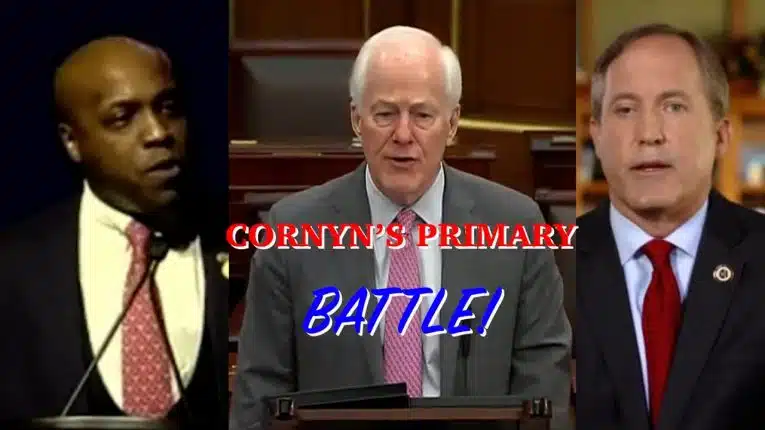
There is just a little more than a month to go in the New Jersey and Virginia races for governor, with open seats in both states with New Jersey Democratic Governor Phil Murphy and Virginia Republican Governor Glenn Youngkin term limited.
Usually, these races in recent years have tended to trend towards the opposition party out of power after losing the presidential election. An exception appears to be in New Jersey where incumbency advantage favors a sitting governor regardless of the cycle.
For example, in 2009, Republicans won both New Jersey and Virginia following the election of Barack Obama in 2008. And in 2017, Democrats won both races following the election of Donald Trump. In 2021, Republicans won Virginia but lost New Jersey narrowly, with current GOP nominee Jack Ciattarelli getting edged out.
Similar patterns tend to play out in Congressional midterm elections, with the White House incumbent party — this time the Republicans — tending to lose seats in both the House and Senate.
And that’s what polls are showing in 2025 right now, with Democrats Mikie Sherrill in New Jersey and Abigail Spanberger in Virgina unsurprisingly leading Republicans Jack Ciattarelli and Winsome Earle-Sears by 8.8 and 7.1 points, respectively. And Democrats are also leading the 2026 generic Congressional ballot, albeit much more narrowly than usual, by just 3.4 percentage points amid sagging Democratic Party favorability.
While there could still be a surprise in November — a lot can happen in a month — it appears highly unlikely, underscoring the challenge the White House incumbent party faces in off-year elections, where fewer people tend to turn out, but on the margins, usually the opposition party is more fired up to vote.
The same mechanics will swing when the 2028 presidential election rolls around, especially with a fresh term for Republicans that just began. If the economy fares well — specifically, if incomes outpace inflation and unemployment remains low — then the odds will shift back towards Republicans after just one presidential term. After two or more consecutive terms, then historically the incumbency advantage tends to disappear.
There are exceptions to the midterm jinx, particularly in the House, with just 1934, 1998 and 2002 registering gains for the White House incumbent party. With only one third of the Senate up for election every two years, the outcomes there are slightly more inconsistent, although the opposition party is still favored to pick up seats on average.
Unfortunately, in each of these examples, the White House incumbent party did no better in Virginia and New Jersey. In the 1930s, Virginia was not really a swing state and in 1934 (back then New Jersey governors had three-year terms) Republican Harold Hoffman did manage to win the governor’s seat in what was otherwise a disappointing year for Republicans. In 1997, Republicans won both gubernatorial seats with a Democrat in the White House, and in 2001, Democrats won both seats with a Republican in the White House.
It could become a question for President Donald Trump, who had a mixed midterms in 2018, losing seats in the House but winning seats in the Senate. Does the President campaign in New Jersey and Virginia? Would it even help? We know he will be campaigning in 2026 with 33 seats up for election in the Senate. When it comes to midterms, the best the incumbent can usually hope for is minimizing losses particularly for incumbent representatives and senators. Open seats are usually harder to defend.
So far, other than Democrats underperforming in the generic Congressional ballot — the polls have been generally accurate in midterm cycles even when the White House incumbent party surprised in the House and Senate like in 2002 — it looks like we’re in a garden variety midterm cycle with New Jersey and Virginia leaning blue, which could be good news for Democrats.
Robert Romano is the Executive Director of Americans for Limited Government Foundation.






